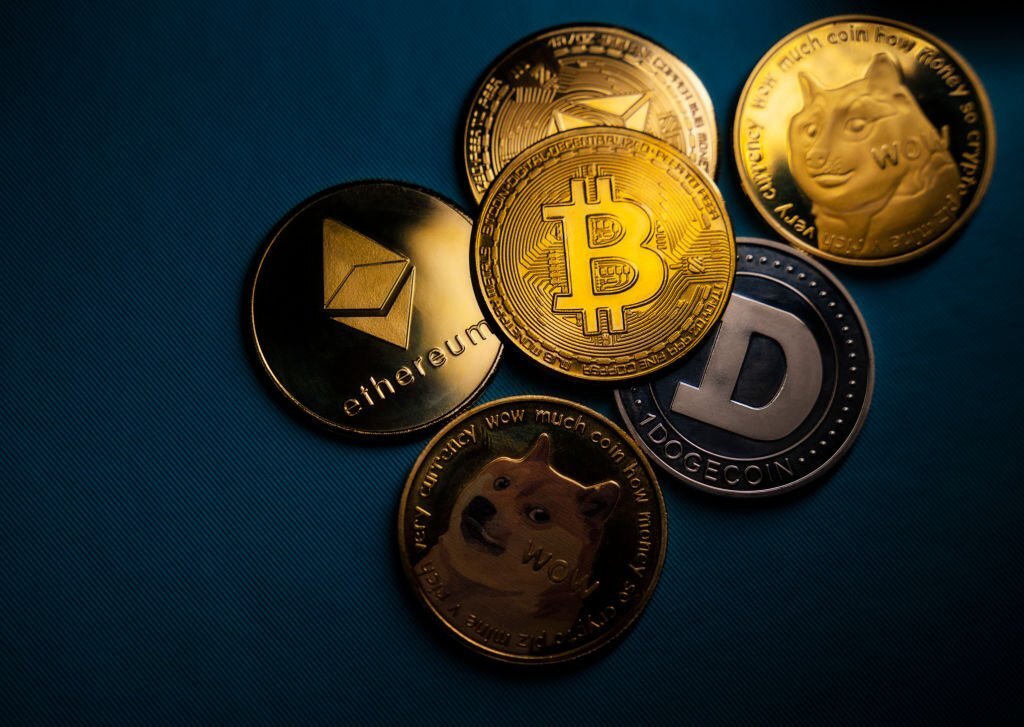Understanding the Basics of Crypto Coins: A Beginner’s Guide

What Are Crypto Coins?
Crypto coins are digital or virtual currencies that use cryptography for security and operate on decentralized networks called blockchains. Unlike traditional fiat currencies issued by governments, crypto coins exist purely in digital form and are designed to facilitate peer-to-peer transactions without the need for intermediaries like banks.
How Do Crypto Coins Work?
Crypto coins function through blockchain technology, which is a distributed ledger maintained by a network of computers (nodes). Each transaction is verified and recorded in blocks that are linked together chronologically, ensuring transparency and security. The decentralized nature of blockchain eliminates the risk of a single point of failure, making crypto coins resistant to censorship and fraud.
Difference Between Crypto Coins and Tokens
It’s important to distinguish crypto coins from tokens. While both are digital assets, coins typically operate on their own blockchain (e.g., Bitcoin on the Bitcoin blockchain), whereas tokens are built on existing blockchains (e.g., Ethereum tokens like ERC-20). Coins generally serve as a medium of exchange, whereas tokens often represent assets, access rights, or utilities within a specific platform.
Popular Examples of Crypto Coins
Bitcoin (BTC) is the first and most well-known crypto coin, often referred to as digital gold due to its limited supply and store-of-value properties. Other prominent coins include Ethereum (ETH), known for its smart contract capabilities, and Litecoin (LTC), which offers faster transaction times. Each coin has unique features that cater to different use cases within the blockchain ecosystem.
Why Are Crypto Coins Valuable?
The value of crypto coins arises from a combination of scarcity, utility, demand, and trust in the underlying technology. Limited supply, as seen in Bitcoin’s 21 million coin cap, creates scarcity that can drive value. Meanwhile, coins that enable decentralized applications, smart contracts, or privacy features offer utility that attracts users and investors.
How to Get Started with Crypto Coins
For beginners interested in crypto coins, the first step is to educate themselves about the market, security practices, and different types of coins. Setting up a secure digital wallet is essential for storing coins safely. Purchasing coins can be done through cryptocurrency exchanges, but it’s crucial to use reputable platforms and understand the risks involved.
Risks and Considerations
While crypto coins offer exciting opportunities, they also come with risks. Price volatility is high compared to traditional assets, and regulatory environments are still evolving globally. Additionally, security threats such as hacking and scams exist, making it vital for investors to practice caution and use secure wallets and platforms.
The Future of Crypto Coins
The crypto coin ecosystem continues to evolve rapidly, with innovations like decentralized finance (DeFi), non-fungible tokens (NFTs), and central bank digital currencies (CBDCs) shaping the landscape. Understanding the basics provides a foundation for deeper exploration into these emerging technologies and their potential to transform finance and beyond.









